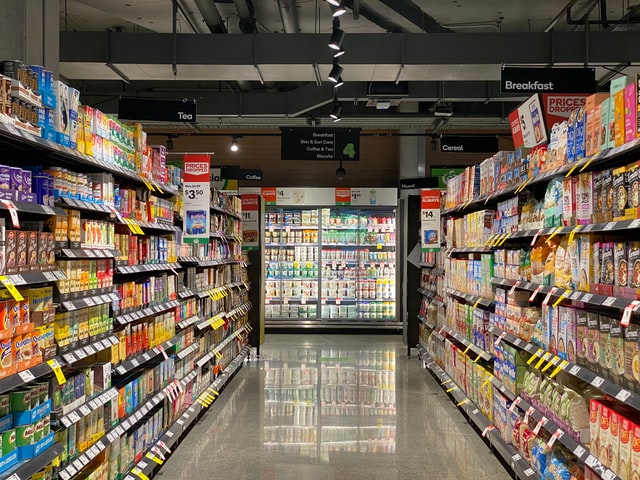Over the last few years, a slow but steady shift has taken place when it comes to requests from our food startup consulting clients. While they are still interested in us helping them create a profitable food and beverage business, an increasing number of clients began asking for suggestions on more ways to build a more sustainable and environmentally friendly company.
This client-led push for highlighting sustainability was a bit of a surprise at first, but when you look at the data, it makes perfect sense. Study after study shows that companies that adopt an earth-friendly approach to their business practices do not only contribute to a greener and healthier planet but find a receptive customer base that is more than willing to reward them financially.
Here are the facts:
- According to two First Insight surveys quoted on MEAT+POULTRY, over two-thirds of consumers are willing to pay more for food products that they identify as sustainable. From the same surveys, many customers actively choose brands that actively reduce their carbon emissions, reduce food waste, and support environmental issues.
- Concern about sustainability came late to the food and beverage industry, but it is rapidly growing. Especially in light of recent events surrounding the pandemic, restaurants and wholesale food producers are starting to do more than ever to address critical issues within the industry. These changes include investing more heavily in green business practices and adapting how they run their businesses day-to-day.
What Can a Food Startup Do Now to Increase and Profit From Sustainability?
Whether you are planning, building out, or have already opened your food startup, there are plenty of small, easy-to-implement ideas that can provide you with huge returns at little risk. See if you can find ways to incorporate these sustainability ideas into your business:
- Plant-based food is in, and customers are eating it up. While less than 1 in 5 people consider themselves vegetarians or vegans, a growing number of folks are choosing to adopt a ‘flexitarian’ diet. Flexitarians most often choose to eat meat-free; they occasionally indulge in animal products. By adding at least a few plant-based menu items, you can help capture a market experts predict will grow to $162 billion by 2030.
- Location. location, location. When it comes to food, consumers are becoming better educated about food production and its impact on the supply chain. Generic “farm-raised” products are no longer enough to sway the consumers. Customers now want high-quality, ethically raised local products, and they are willing to pay more for them. Shouldn’t you get your share by using and promoting local ingredients?
- Cut food waste. It isn’t all about what the customer can see. Some of the best reasons for focusing on sustainability in your startup are behind the scenes. According to one report, restaurants throw away a half-pound of food for every meal they serve to their guests. Save money, and go green by practicing proper inventory controls and ordering procedures. With food costs continuing to climb, reducing waste is more important than ever before.
A Food Startup Consulting Firm Makes Everything Much Easier
There is no question that your food startup should focus on sustainability. The only issue is how you can do it effectively. Food startup consultants The Greater Goods can provide you with an actionable plan to help.








